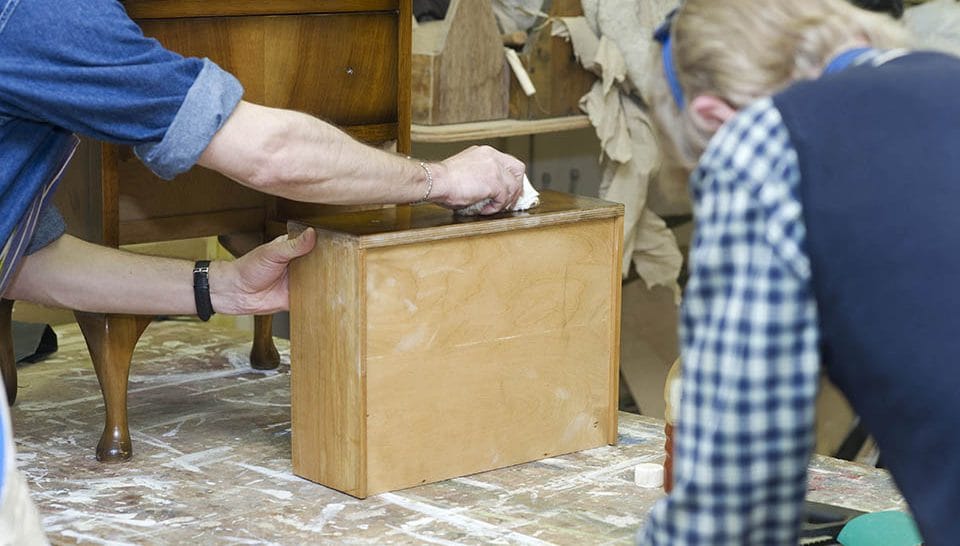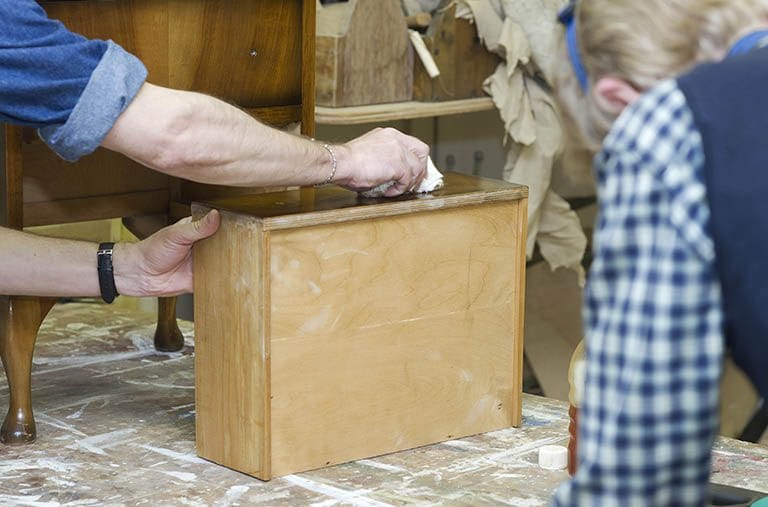
At SCT we believe that in order for someone to build the best foundation for their future free from addiction and homelessness, there are some key things that they need. Recovery capital outlines what these things are.
Recovery capital includes four areas of internal and external resources that can be drawn upon to start and sustain recovery. With a solid resource in each area, a person has a better chance of staying free from drugs and alcohol than without those resources.


